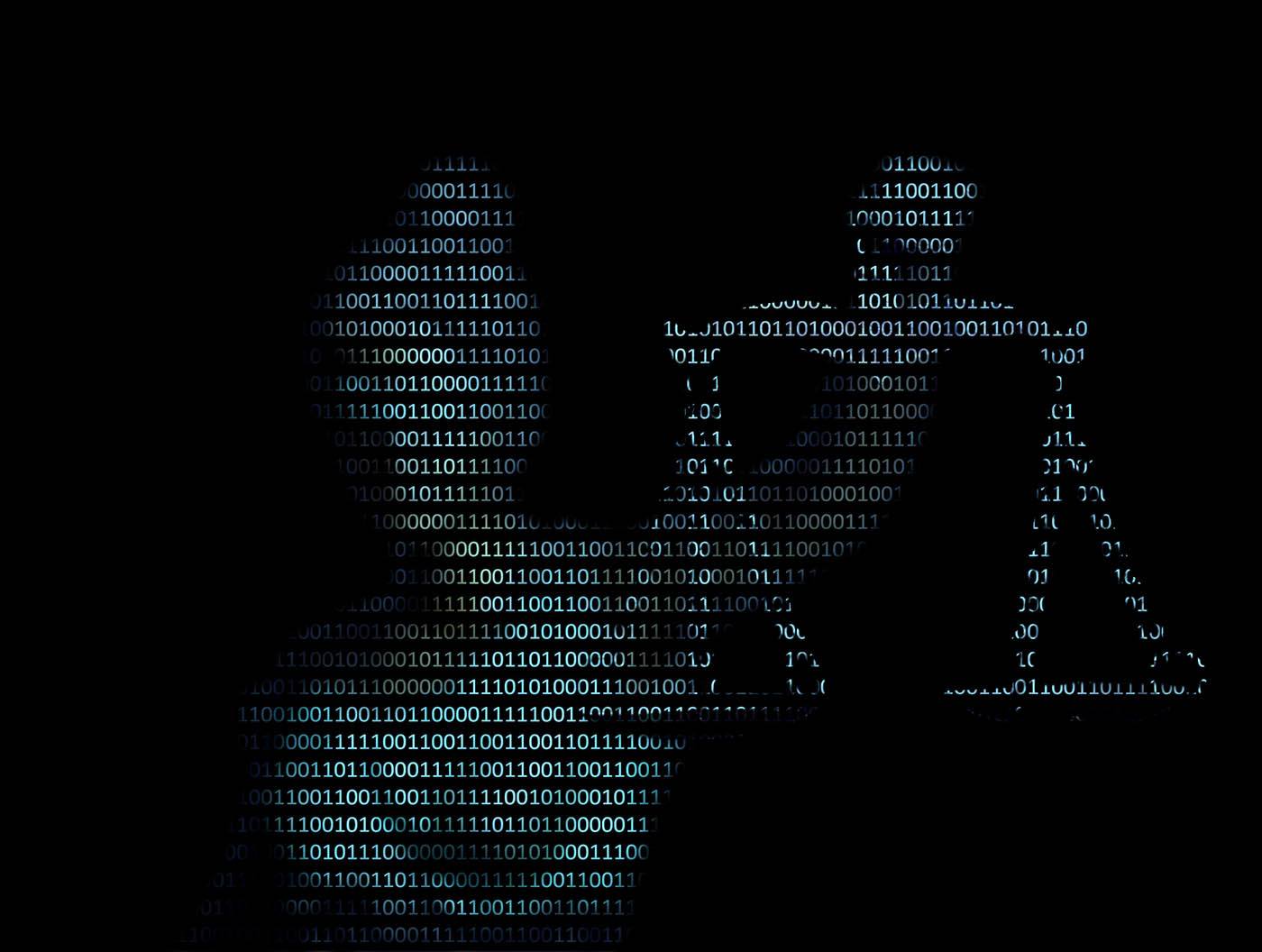“A successful lawsuit is the one worn by a policeman.”
― Robert Frost
Federal Rules of Civil Procedure 37(e) states that when “electronically stored information that should have been preserved in the anticipation or conduct of litigation is lost because a party failed to take reasonable steps to preserve it, and it cannot be restored or replaced through additional discovery,” the court may take certain actions. Unfortunately, the actions may include sanctions or fines totaling millions of dollars for companies who fail to act.
A legal hold, or litigation hold, is a notification to a company or individuals that material or data regarding an active or be anticipated legal proceeding shouldn’t be destroyed. However, it doesn’t guarantee that the material will be preserved. Actual preservation is the responsibility of the notified organization’s leadership and employees involved. We’d like to illustrate a recent case where some bad things happened, but the company did the right thing by issuing a legal hold.
A large corporation recently ran into a situation where they felt it in their best interest to issue an internal legal hold. Earlier, one of their employees had filed a federal and state class action concerning compensation issues. In addition to the company’s resultant legal hold notification, the company instructed the plaintiff and other employees not to discuss the lawsuit. In response, the plaintiff filed charges against the company, alleging that the company’s actions coerced him and his fellow employees in violation of their rights to discuss compensation.
The legal hold itself informed employees of their obligation to preserve any information related to the case, including all documents related to the plaintiff’s allegations and all communication with or concerning the plaintiff. After careful consideration, the National Labor Relations Board (NLRB) concluded that it was unlawful for the company to issue the directive not to comment or converse about the lawsuit. But wait – the ending of the story isn’t quite so bleak.
The NLRB also concluded that the company’s legal hold was not unlawful. Equally important was the Board’s conclusion that the company had significant interests in issuing the legal hold. “Like all parties to a lawsuit, it is legally compelled to preserve evidence. Adherence to this duty is key to avoiding liability for damages for spoliation of evidence… it is appropriate for the employer to err on the side of caution in complying with its legal obligation to preserve all documents that may constitute evidence in the ongoing litigation. Moreover, broad litigation holds serve not just employers’ interest in avoiding penalization for spoliation of evidence, but also the interests of plaintiffs, intervenors, and the courts.”¹
Keeping employees trained up and aware of their responsibility in the protection and preservation of data is a must. Last but not least, legal hold software should be an integral part of the equation. A powerful, state-of-the-art legal hold solution offers a quick and highly cost-effective way to reduce the ever-present risk of costly court cases.
¹Mark Theodore: Employer’s Litigation Hold Not Unlawful, NLRB Division of Advice Concludes. National Law Review, December 21, 2018






